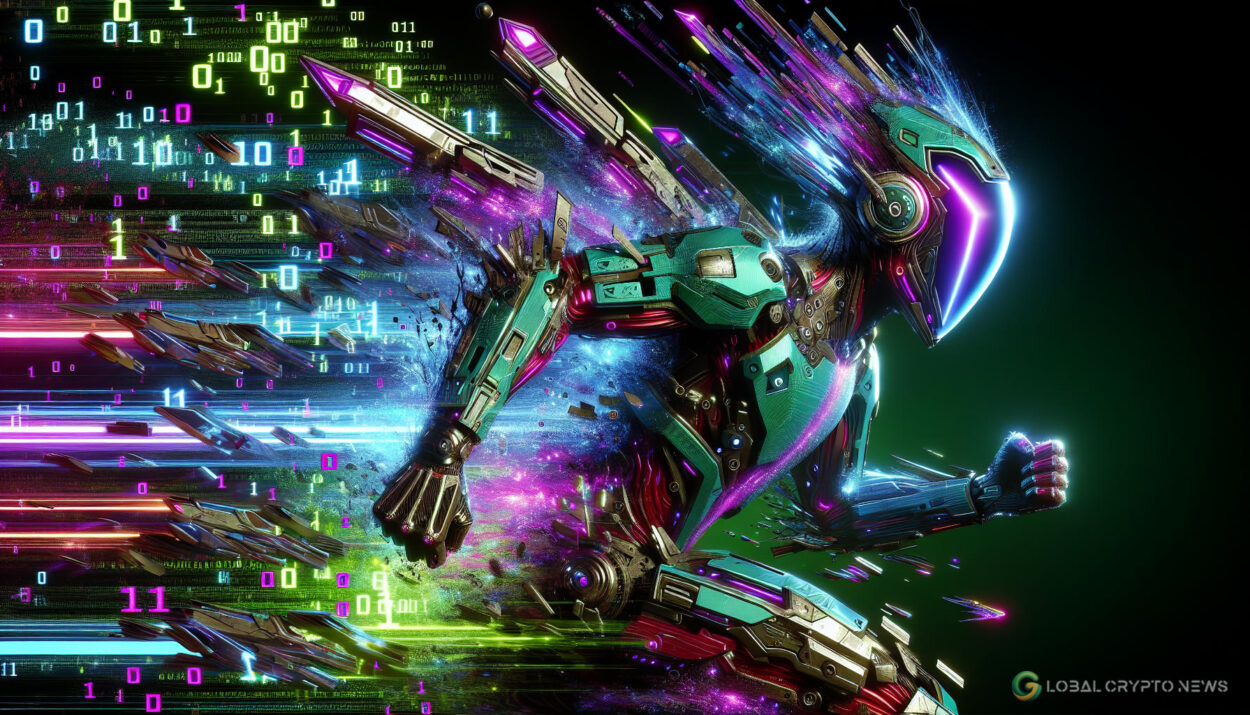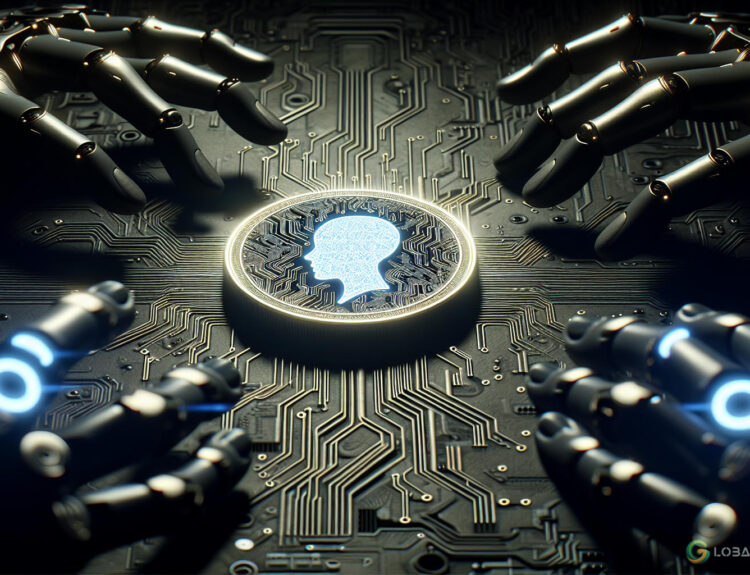Disclosure: The views and opinions expressed here belong solely to the author and do not represent the views and opinions of Global Crypto News’ editorial.
AI Avatars: A Solution to Web3 Gaming Challenges
Web3 games face significant challenges in player adoption. A recent report highlighted that merely 7.9% of web3 games have over 1,000 users. This scarcity of players results in long matchmaking times, suboptimal competitive experiences, and economic challenges that impact studios’ ability to generate revenue and sustain development.
The fundamental solution to these challenges extends beyond simply increasing player numbers, which is inherently slow. Instead, creating AI avatars—“digital blueprints” of players’ skills—can immediately enhance player liquidity. These avatars allow games to operate seamlessly by filling matches with competent players, even when human player counts are low—effectively solving the player liquidity problem in web3 games.
Imitation Learning: The Key to Accurate AI Avatars
This is possible through a process called imitation learning, which implements a meticulous and high-fidelity process to train AI models, ensuring they accurately mirror a player’s gameplay style and strategies. It’s not merely about letting AI bots operate autonomously; it involves careful calibration to maintain the human imprint on the AI, preserving the nuances of player behavior.
The resulting AI avatars can compete independently while reflecting their human creators’ skill level and strategic depth. This rigorous approach preserves the competitive integrity and dynamism of the game environment.
Benefits for Game Studios and Players
By enabling players to transfer their skills into an AI blueprint, games can continuously backfill matches with these AI avatars, ensuring no drop in gameplay experience whether the human players are online or not. This significantly mitigates the player liquidity issue by maintaining a fuller and more active player pool.
The concept of “parallel play” emerges as a secondary benefit of this technology. With their skills encapsulated in AI avatars, players can simultaneously extend their presence across multiple environments within the same game or even entirely different game modes. This capability not only opens up more opportunities for players to compete and win but also enriches the gaming experience by ensuring more robust and diverse competitions.
While some may express concerns that the presence of AI could diminish the value of human skill and competition, the reality observed in games like our flagship AI Arena—in which players use imitation learning to train AI fighters—suggests otherwise. Players tend to invest significant effort into training their avatars, which deepens their engagement with the game and enhances their own skills through observing their avatars’ performances.
For gaming studios, this approach promises a consistent, active player base, quicker matchmaking, balanced competitions, and a superior gaming experience. It also presents new avenues for monetization, such as speculating on AI avatar matches and trading or selling avatars.
For players, the benefits are plentiful: increased engagement, potential for greater rewards, flexibility, convenience, and an enriched learning environment. Players can effectively participate in their favorite web3 games and develop their skills, even when away from their consoles or PCs.
As we look to the future, it is evident that the integration of AI avatars will revolutionize the web3 gaming landscape by addressing the critical challenge of player liquidity and unlocking expansive new opportunities for engagement and monetization. The next era of gaming promises to be more accessible, rewarding, and engaging, driven by the adoption of this transformative technology.
Stay updated with the latest in cryptocurrency, investing, and finance news on Global Crypto News.






















